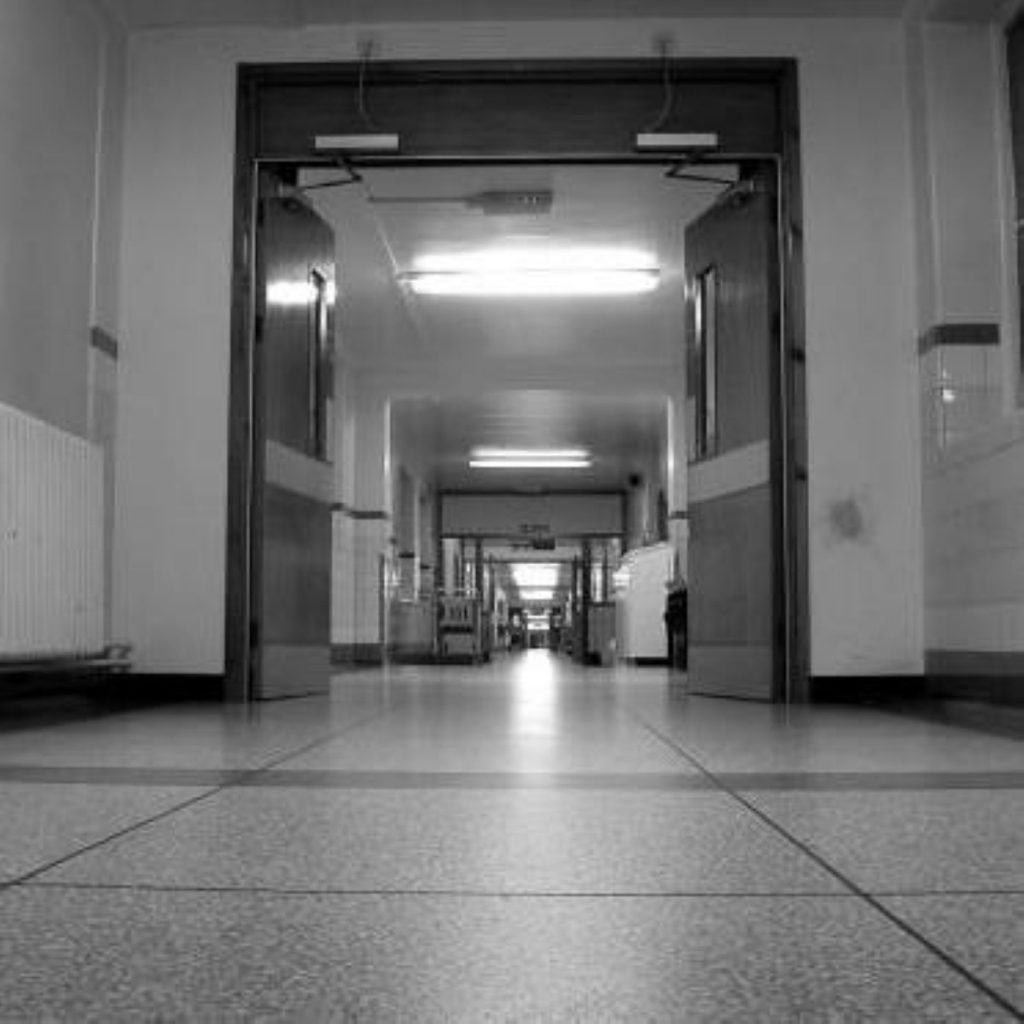Hit squads to tackle £620m NHS debt
NHS trusts will be facing a deficit of about £620 million by the end of the financial year, health secretary Patricia Hewitt has admitted.
The figures, released in a written statement to the Commons, were immediately followed by an announcement that ‘hit squads’ would be sent in to help the worst-performing trusts.
But Conservative health spokesman Andrew Lansley said it was an “outrage”, warning that the government must take urgent action to stop trusts spending more than they earn.
The news will come as a major blow to the government, which has doubled the NHS budget since coming to power in 1997, while spending this year increased by almost £7 billion from £69.7 billion.


In her statement, Ms Hewitt defended the figures as simply projections – she noted that at this stage last year, the equivalent estimate was £499 million, but this was cut by more than half to £219 million when the proper audits were carried out at the end of the year.
NHS chief executive Nigel Crisp then announced that financial and management teams would be sent in to help strategic health authorities (SHA), hospital trusts and primary care trusts who were struggling to balance their books.
He admitted it would be “tough” for those organisations to get their finances into shape but said SHAs had agreed to repay £200 million in debts last year.
Both Ms Hewitt and Sir Nigel insisted that the majority of NHS organisations were successful in managing their finances, while at the same time providing a better service to patients.
“However, it is clear that, half way through the financial year, a minority of NHS organisations are failing to manage within the resources available, despite receiving significant increases in funding,” Sir Nigel said.
“Our minimum goal for the next financial year is to get the NHS back in balance. New teams of financial and management experts will help the NHS identify opportunities to deliver services with greater cost-effectiveness.
“They will help the local NHS improve patient care and achieve financial balance.”
He insisted that cutting debt would not cause NHS trusts to cut services, saying it was more to do with “embracing new ways of working and eliminating inefficiencies”.
However, Mr Lansley was sceptical, telling the BBC’s Six O’Clock News: “Across the country you have got closed wards, closed beds, probably the shutting of another 2,500 beds this year; the shutting of community hospitals and the Royal College of Nursing saying that 100 nurses could lose their jobs and 3,000 staff across the NHS.
“In circumstances where the public are paying more in their tax than ever before to the national health service, that, frankly, is an outrage.”












